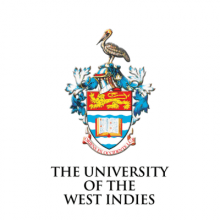关于 Warsaw University of Technology
The Warsaw University of Technology dates back to the early 19th century, when technical schools – related to engineering, military technology and mining – were first established in Poland. The Preparatory School for the Polytechnic Institute was founded in Warsaw by Stanislaw Staszic, and this became the Warsaw University of Technology in 1915, with the faculties of Architecture, Machine Design and Electrical Engineering.
Today, it is one of the largest technical institutes in Central Europe with 19 faculties – including Automotive and Construction Machinery Engineering, Electronics and Information Technology and Mechatronics – and one college, nearly 35,000 students and more than 2,000 academic teachers. The most popular fields of study in 2015 were geoinformatics, automatic control and robots, and biomedical engineering. The top three areas of study for employers were computer science, administration and management.
The university aims to anticipate what the future might be in terms of economic and cultural conditions by having a clear understanding of the present, and to come up with technological solutions to whatever problems may arise. To this end it places a strong emphasis on research, community between teachers and students, and academic freedom. In 2015, the university conducted more than 500 national and international research projects, with the intention of understanding the fast-changing and increasingly complex world.
Warsaw University of Technology 的排名数据分析
对比大学重要统计数据
关键统计数据
- 45%Proportion of ISR Publication(1)
- 32 : 68女生对男生的学生比例(1)
- 7%国际学生比例(1)
- 17.1每位教职员对学生数量(1)
- 23,167Number of FTE Students(1)
Warsaw University of Technology 的授予学科
Physical sciences
- Chemistry
- Mathematics & Statistics
- Physics & Astronomy
- Geology, Environmental, Earth & Marine Sciences
Engineering & technology
- General Engineering
- Civil Engineering
- Electrical & Electronic Engineering
- Mechanical & Aerospace Engineering
- Chemical Engineering
Business & economics
- Business & Management
- Economics & Econometrics
Computer science
- Computer Science
Arts & humanities
- Architecture










